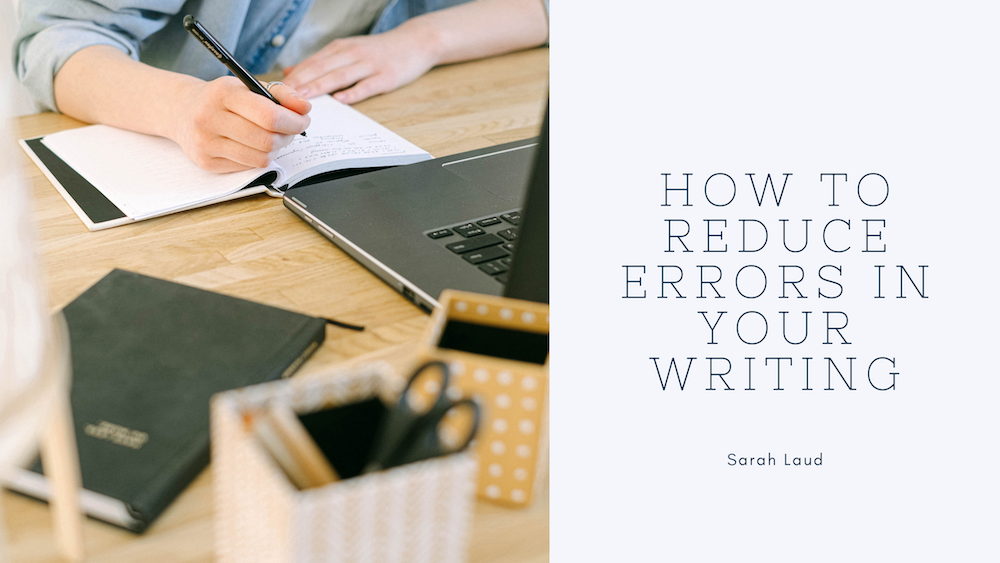Effective communication is built upon clear and error-free writing. If you are a student, a professional, or simply someone who enjoys writing, minimizing errors is crucial to conveying your message accurately. In this blog, we will explore practical strategies to help you reduce errors and enhance the overall quality of your written work.
- Proofread with Precision:
An effective way to reduce errors is to proofread your writing meticulously. Take the time to read your work multiple times, focusing on different aspects with each pass. Pay attention to grammar, punctuation, spelling, and sentence structure. Reading aloud can help identify awkward phrasing and improve the flow of your writing. Additionally, consider using grammar and spell-check tools to catch any overlooked errors.
- Take a Break:
After completing a writing task, taking a break before proofreading is essential. Taking a step away from your work allows you to approach it with fresh eyes, making it easier to spot errors that may have been missed during the initial writing process. A short break can help you gain a new perspective and improve your editing effectiveness.
- Seek a Second Opinion:
Having someone else review your work is invaluable for catching errors you may have overlooked. Another person can provide objective feedback, offering insights into areas needing improvement. Collaborating with a peer, a writing group, or even hiring a professional editor can significantly enhance the quality of your writing and reduce errors.
- Use Writing Tools:
Leverage the power of technology to minimize errors in your writing. Grammar and spell-check tools such as Grammarly and ProWritingAid can help detect grammatical and spelling mistakes and offer suggestions for improvement. These tools can be handy in identifying common errors and providing explanations for why specific corrections should be made.
- Develop a Style Guide:
Creating a personal style guide can help maintain consistency and reduce errors in your writing. A style guide outlines your preferred writing conventions, including grammar rules, punctuation usage, and formatting guidelines. Referencing your style guide while editing will ensure consistency throughout your work and minimize errors resulting from inconsistencies.
- Learn from Your Mistakes:
When errors are pointed out, note them and strive to understand the underlying reasons behind those mistakes. Analyze your errors and make a conscious effort to improve in those areas. Learning from your mistakes can enhance your writing skills and reduce errors over time.
Reducing errors in your writing requires attention to detail, patience, and a commitment to continuous improvement. By following these strategies, including thorough proofreading, seeking feedback, utilizing writing tools, and creating a style guide, you can enhance the quality of your writing and effectively convey your message. Remember, writing is a skill that can be honed with practice, so keep writing, learning, and refining your craft.

